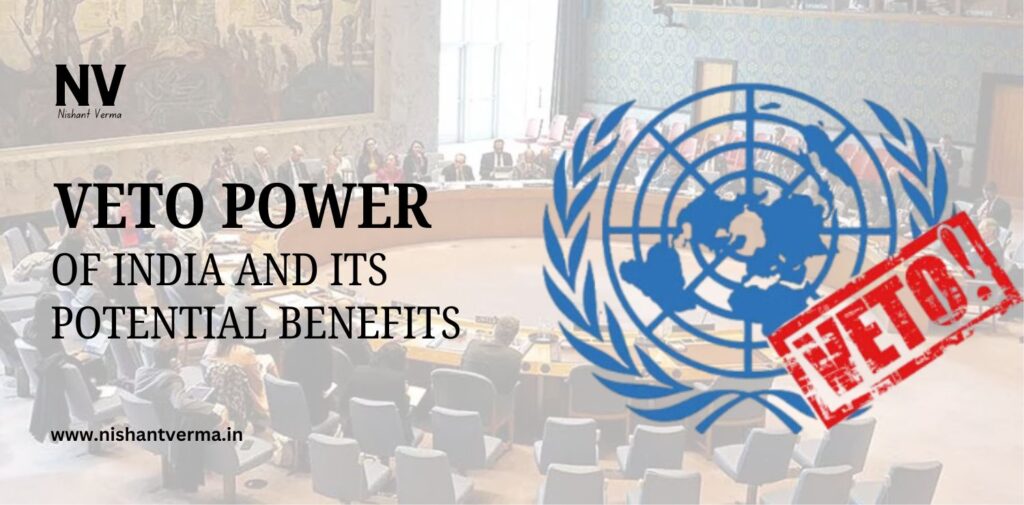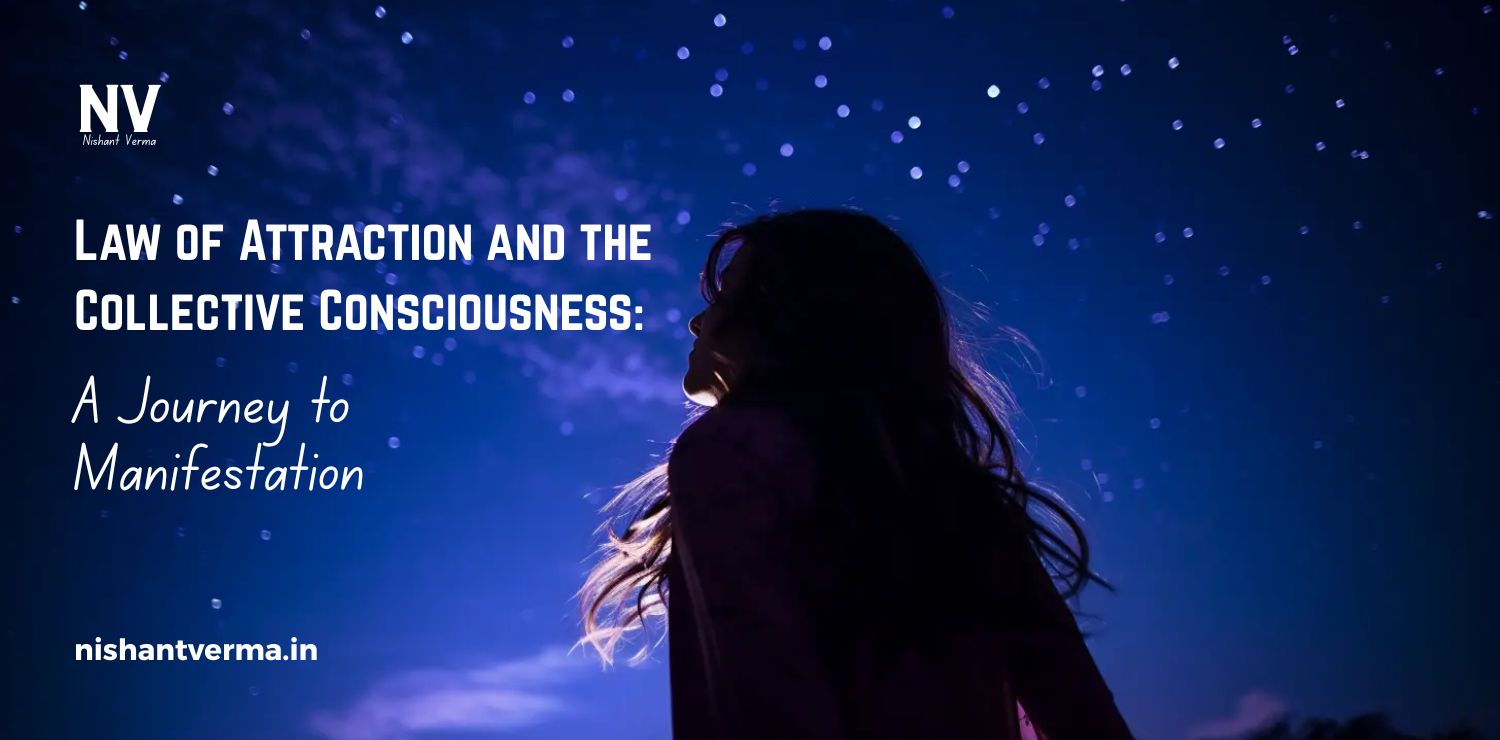The veto power in the United Nations Security Council (UNSC) is one of the most significant and often controversial features of global diplomacy. It grants the five permanent members (P5) — the United States, the United Kingdom, Russia, China, and France — the authority to block any substantive resolution, regardless of the number of votes in favor. As India continues its push for a permanent seat on the UNSC, acquiring veto power becomes a topic of intense debate. This article explores the concept of veto power, its global implications, and how India could benefit from attaining this coveted status.
What is Veto Power of India?
The UNSC is one of the six principal organs of the United Nations (UN), responsible for maintaining international peace and security. Comprising 15 members, five are permanent, and ten are non-permanent, elected for two-year terms. The P5 countries wield the veto power, meaning they can block the adoption of any substantive draft resolution by casting a single dissenting vote, irrespective of the majority decision.
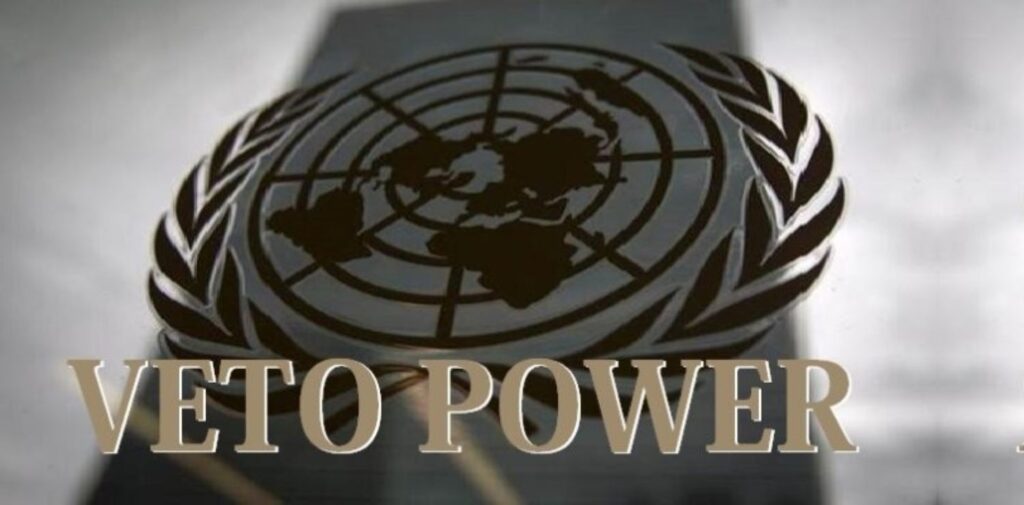
While non-permanent members can influence discussions and bring forth resolutions, they lack the power to single-handedly block decisions. This veto mechanism has often been criticized for being undemocratic as it allows individual countries to halt resolutions even if the majority of the council supports them. Despite this, veto power continues to play a central role in global politics.
India’s Aspirations for a Permanent Seat in the UNSC
India has long advocated for reform of the UNSC, aiming for a permanent seat alongside the P5. Over the years, India has consistently played a significant role in peacekeeping missions and contributed to global governance. Its position as the world’s largest democracy and the fifth-largest economy further strengthens its claim for permanent membership. Several nations, including the U.S., have endorsed India’s bid for a permanent seat on the Security Council.
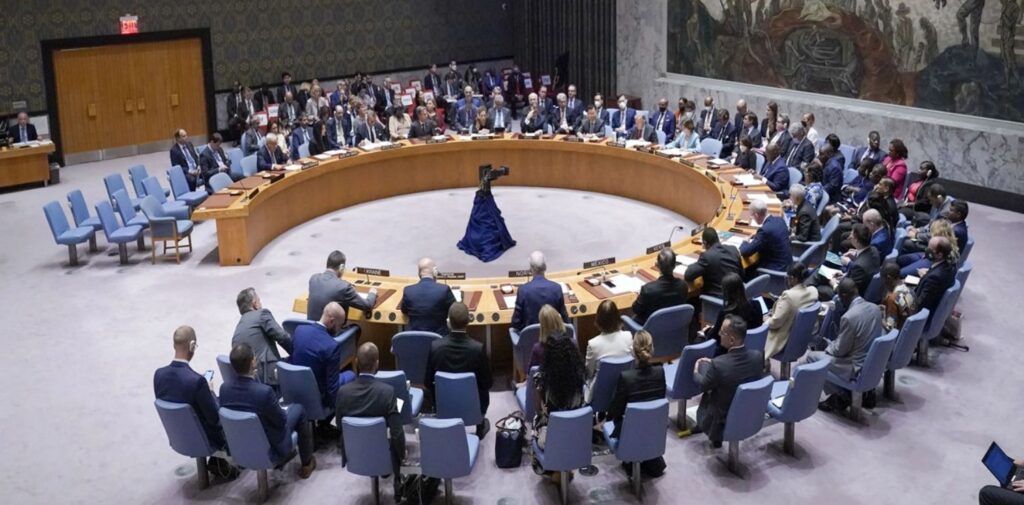
During a recent summit, U.S. Secretary of State Antony Blinken reiterated America’s longstanding support for India’s inclusion as a permanent member of the UNSC. The endorsement aligns with India’s push for a more democratic and representative UN structure, one that mirrors the geopolitical realities of the 21st century. The U.S., along with other Quad members (Australia and Japan), has highlighted the importance of UNSC reform to ensure inclusivity and effectiveness.
The Debate Around Veto Power of India
While India’s inclusion in the UNSC as a permanent member seems plausible, the question of whether it would acquire veto power is still contentious. Some countries argue that extending veto power to new permanent members could lead to more gridlocks and inefficiencies within the council. Others, including India, assert that any reformed UNSC must offer the same rights and privileges to new members as the existing P5 members.
Why Veto Power Matters:
Global Influence and Diplomacy: Veto power would elevate India’s global standing, giving it unparalleled leverage in international diplomacy. India would have a direct say in matters related to global peace and security, especially in its neighborhood. This influence would extend across a range of critical issues, from counter-terrorism and non-proliferation to climate change and human rights.
Protecting National Interests: A veto would provide India with a safeguard against resolutions that conflict with its national interests. For instance, in the realm of geopolitical disputes, such as the Kashmir issue or border tensions with neighboring countries, India could prevent the passing of resolutions that it deems unfavorable. This is particularly significant considering the power China has wielded in the past through its veto on matters related to India.
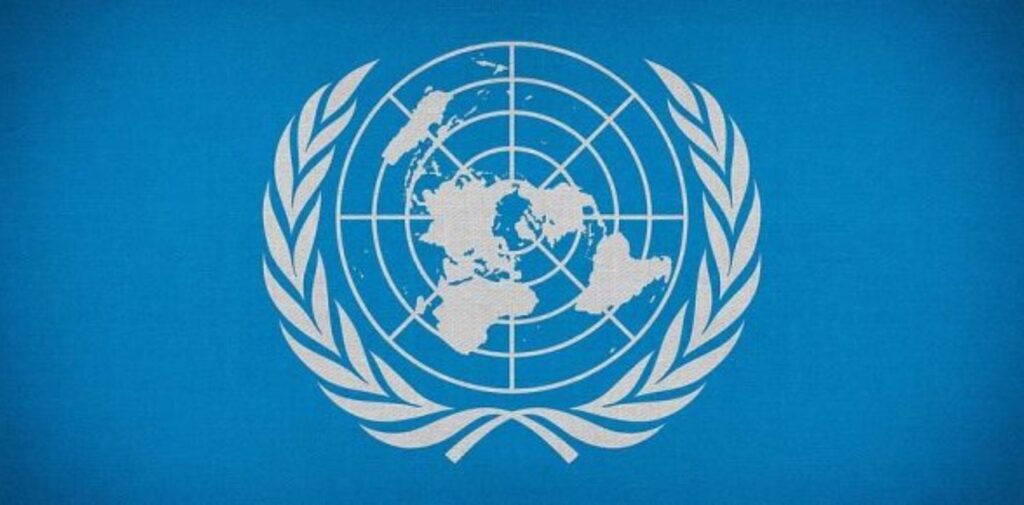
Leadership in Peacekeeping and Conflict Resolution: As a major contributor to UN peacekeeping missions, India could play a more decisive role in conflict resolution and peacekeeping operations worldwide. The veto power would allow India to shape international responses to conflicts and crises, aligning global peacekeeping efforts with its strategic objectives.
Balancing Global Power: The current P5 setup reflects the power dynamics of the post-World War II era. However, today’s geopolitical landscape is far different. A reformed UNSC with India as a permanent member, particularly with veto power, would help balance the influence of traditional Western powers and China, fostering a more equitable distribution of global authority.
The Roadblocks and Challenges
Despite the benefits, there are significant challenges in India’s path toward acquiring veto power. Some of the key obstacles include:
Opposition from the P5: Certain P5 members, especially China, are reluctant to share veto power with new permanent members. China’s historical vetoes on matters related to India, such as its stance on declaring Pakistani militants as terrorists, suggest that Beijing might block India’s bid for equal veto rights. Russia has also shown caution, emphasizing the need for careful consideration before expanding veto power.
Concerns About Deadlock: Expanding veto power might lead to more frequent deadlocks within the UNSC, where resolutions fail to pass due to increased opposition. Critics argue that the veto power has already been misused by the current P5 to serve their national interests at the expense of international peace and justice, and expanding this power could exacerbate the problem.
Global Consensus on Reform: UNSC reform requires broad consensus among UN member states. While many countries support India’s bid, others, particularly smaller nations, fear that expanding the veto will further diminish their influence within the UN. This makes negotiating the terms of India’s inclusion, especially regarding veto power, a delicate diplomatic process.
India’s Stance on the Veto: India has maintained that any expansion of the UNSC must include equitable privileges for new permanent members, including veto power. However, Indian diplomats have also hinted that the country could initially accept permanent membership without veto rights, with the expectation of negotiating veto powers later.
Conclusion: The Potential Benefits for India
Acquiring veto power of India would significantly enhance India’s ability to protect its national interests and project its influence on the global stage. It would enable India to have a direct hand in shaping global peace, security, and development policies, aligning international actions with its values and strategic goals. Moreover, veto power would allow India to prevent decisions that could harm its national security or undermine its sovereignty.
However, the road to achieving veto power is fraught with challenges, including opposition from the existing P5 members and concerns about increased deadlocks in the UNSC. While the U.S. and other allies support India’s permanent membership, the question of veto power remains unresolved. For India, securing a permanent seat with or without the veto is a step toward recognizing its growing global stature and contributions to international peace and governance.
In the long run, a reformed UNSC that includes India as a permanent member with veto power would not only benefit the country but also make the council more representative, effective, and responsive to contemporary global challenges.

